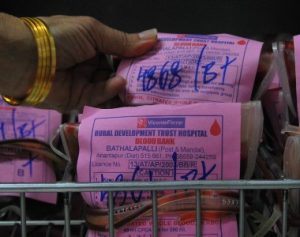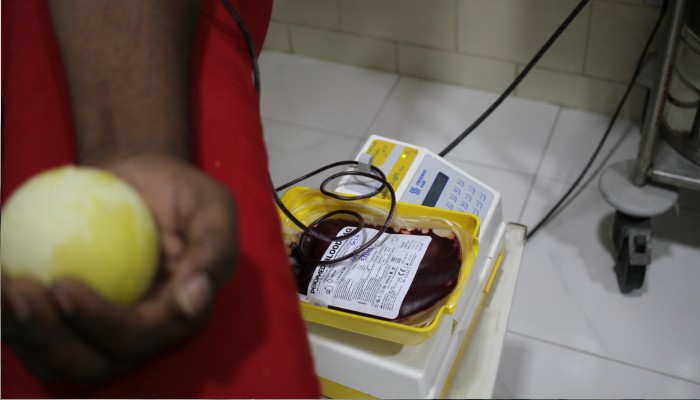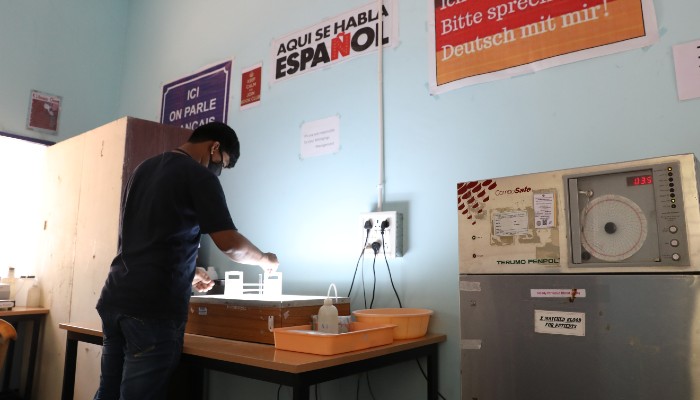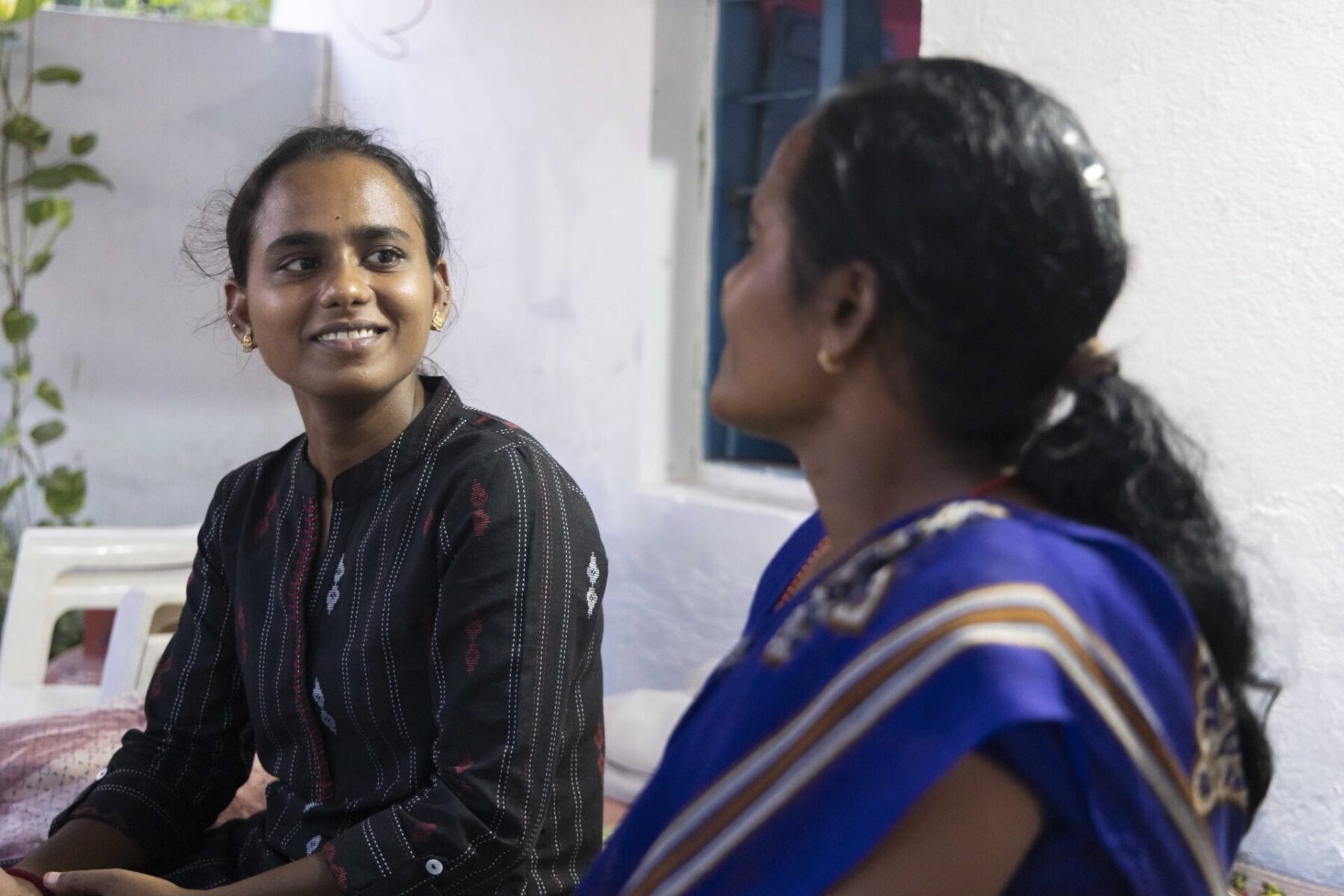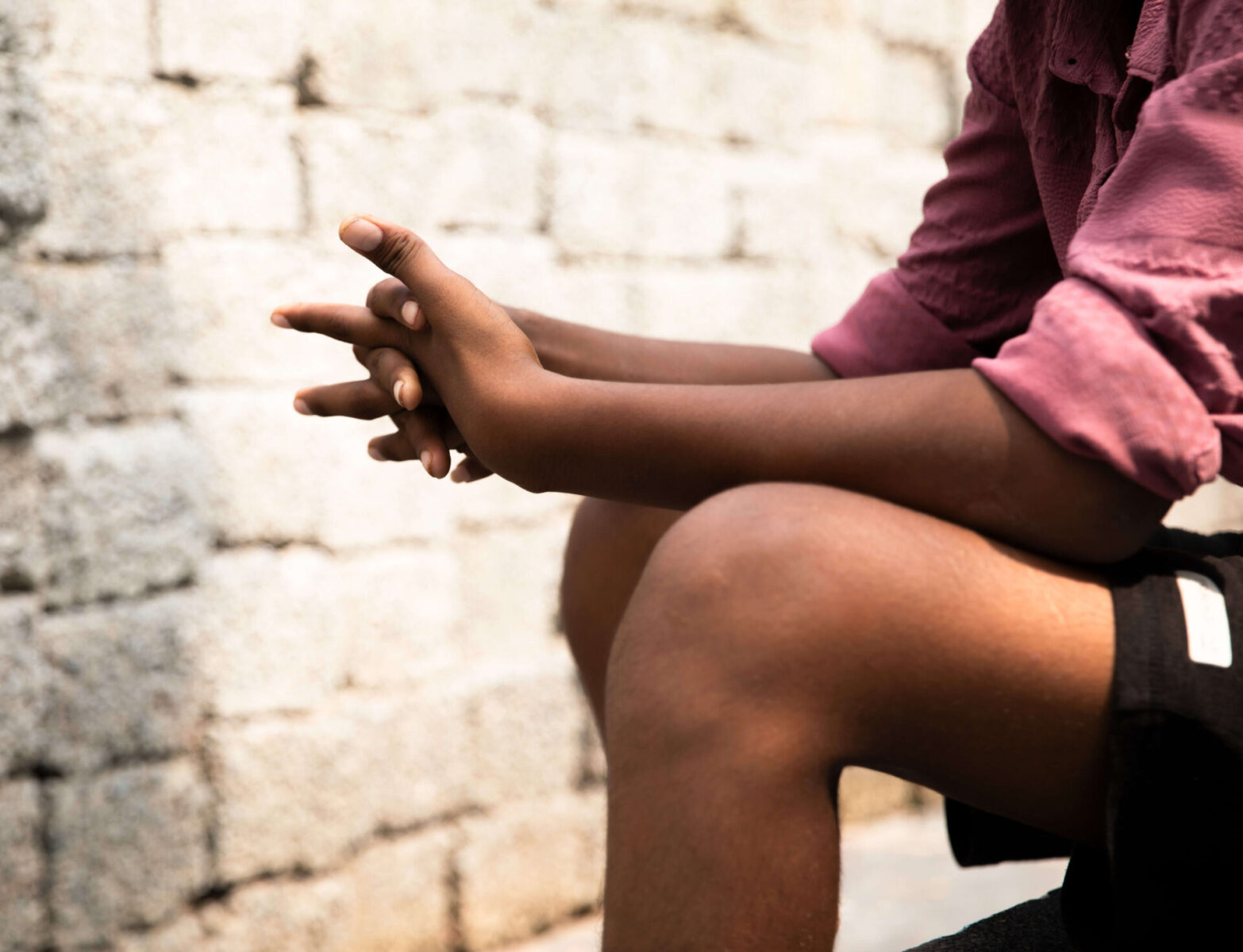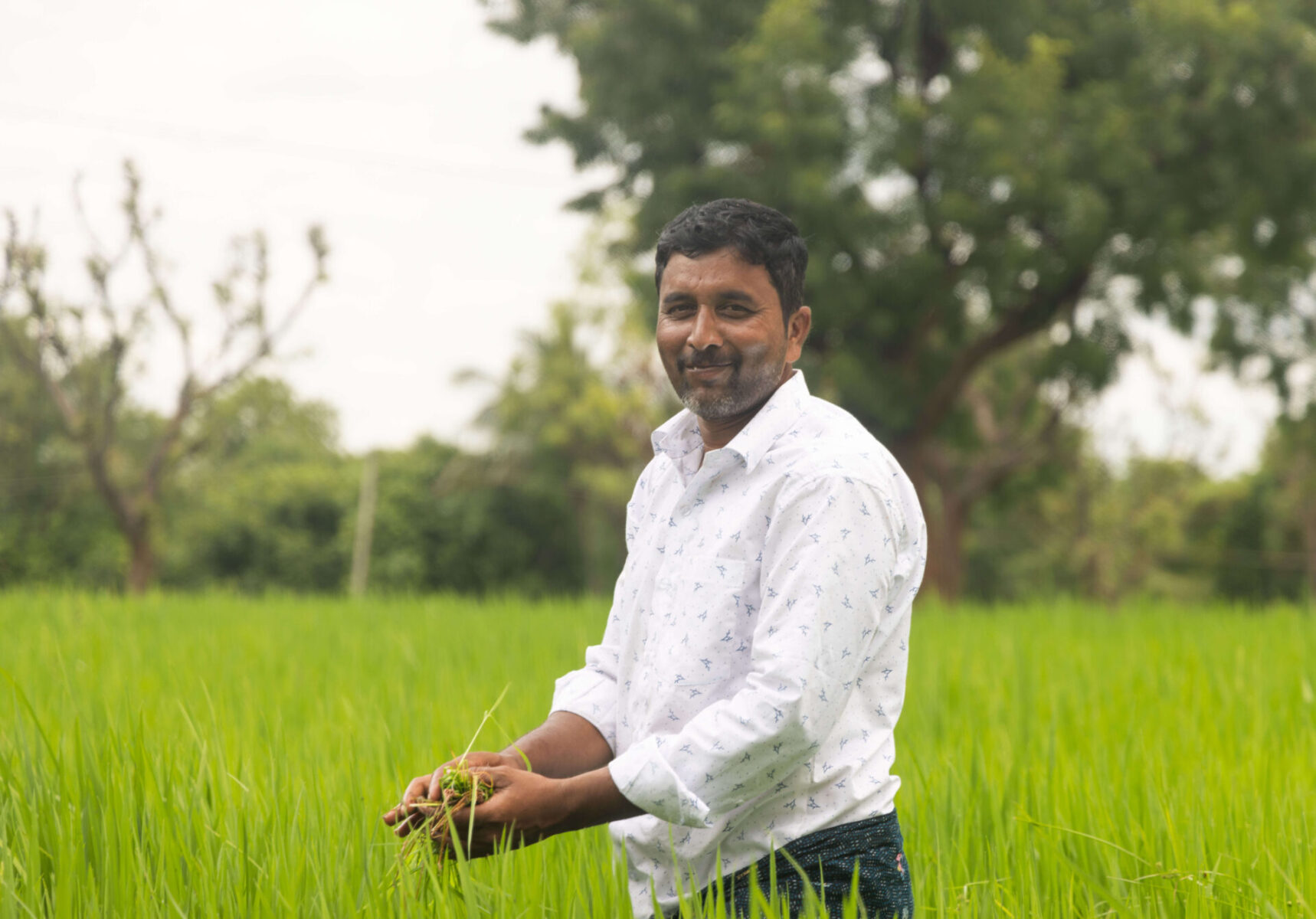- Over 120 children suffering from thalassemia from Ananthapuramu and neighbouring districts are under treatment at RDT Hospital
Supriya, 10, does not understand why she alone needs a blood transfusion once in every 15 days, when the rest of her friends don’t need to come to the hospital at all. The reason being thalassemia.
Thalassemia is a hereditary blood disorder that affects the body’s ability to produce haemoglobin and red blood cells. The treatment depends on the severity of the illness. People with mild thalassemia suffer from anaemia but may not require any treatment, but more severe forms require regular blood transfusions. Like in Supriya’s case.
“Now that Supriya is growing up, she has many questions about her condition. RDT has given me a lot of counselling and information about this sickness but I cannot answer all the questions of my daughter,” says Nagamani, the mother. She and her husband never heard of this sickness until their daughter was diagnosed with it.
She works as an agricultural labourer and her husband is a driver. “It is very hard for us to come every fifteen days to the hospital because it means that on that day we lose our pay,” she explains.
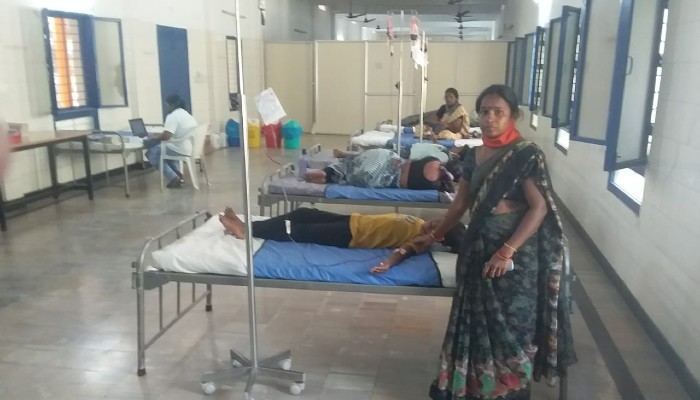
According to experts, India is considered as the capital of thalassemia with 40 million carriers and more than 1,00,000 people under treatment, of whom 50% die before the age of 25. It is also estimated that 10,000 babies are born each year with this disease. Besides the various physical and psychological problems associated with the illness, the aspect of a lifelong treatment makes it much more difficult for a person or family to sustain with thalassemia or thalassemia-affected children.
Today, Supriya and her mother had an appointment with Dr. Bhaskar, a paediatrician, but instead going to RDT Hospital in Bathalapalli where she usually gets the transfusion, they are at the RDT 2nd Campus in Ananthapuramu town as a temporary facility has been set up there. Until the lockdown, what was the RDT Professional School of Foreign Languages has now turned into a new Gynaecology and Obstetrics Centre that also offers few services of the paediatrics department, mainly for thalassemic children.
“Before the COVID-19 pandemic, around 8-10 children were treated every day in the RDT Hospital, Bathalapalli. Now, in this new and temporary facility, 5 children are being treated on a daily basis, keeping physical distancing in mind”, explains Dr. Dasarath, head of the Paediatrics Department. In total, over 120 children from Ananthapuramu and neighbouring districts are under its treatment at RDT Hospital.
RDT Hospital’s paediatric department applies a holistic approach to the child’s health by not only limiting it to thalassemia and transfusions but also other aspects of their health and provides any other medicines or treatment they need. This RDT project to support thalassemic children is run with the support of People’s Tree Hospital in Bangalore and Sankal Foundation.
“I am very thankful to RDT. Without them we could not have provided her with the required treatment. Even with the lockdown they are taking care of my daughter, and they have helped us to get special permits, so we do not have any problem with the police for coming here,” says Nagamani.
The main blood bank is at Bathalapalli hospital premises. There it is processed for separate components and sent to this new centre. A temporary blood donation facility has been set-up here to aid blood donations.
“One of the main challenges we are facing right now is the reduction of blood donations. The number of donations always drop during summer as our main blood donors are students and they go for holidays at that time. However, in these current times of a global pandemic and the consequent lockdown, the situation as worse as students had to go back early to their villages, there’s no transport facility and people are afraid to come,” explains Dr. Bhaskar.
“Take Supriya’s situation, for example. She was diagnosed with thalassemia when she was 3 months old and she has been needing blood transfusions since then. First once a month but since she turned 10, twice a month. So there is an urgent need of more blood donations,” he adds.
The medical staff at this centre are motivating the relatives of the patients to donate, as it not only requires blood for the treatment of 120 thalassemic children but also for the women who are delivering in the Obstretics department.
The lockdown has posed different challenges for everybody but those in vulnerable situations like children and people with thalassemia and other health problems have a looming uncertainty that threatens their life.
We urge you that if you are a healthy adult who is eligible of donating blood, kindly do so by visiting the nearest blood bank.
Text: Felita Viegas

